AI, ChatGPT opens up many new opportunities and challenges in the fields of research and education, especially in language teaching.
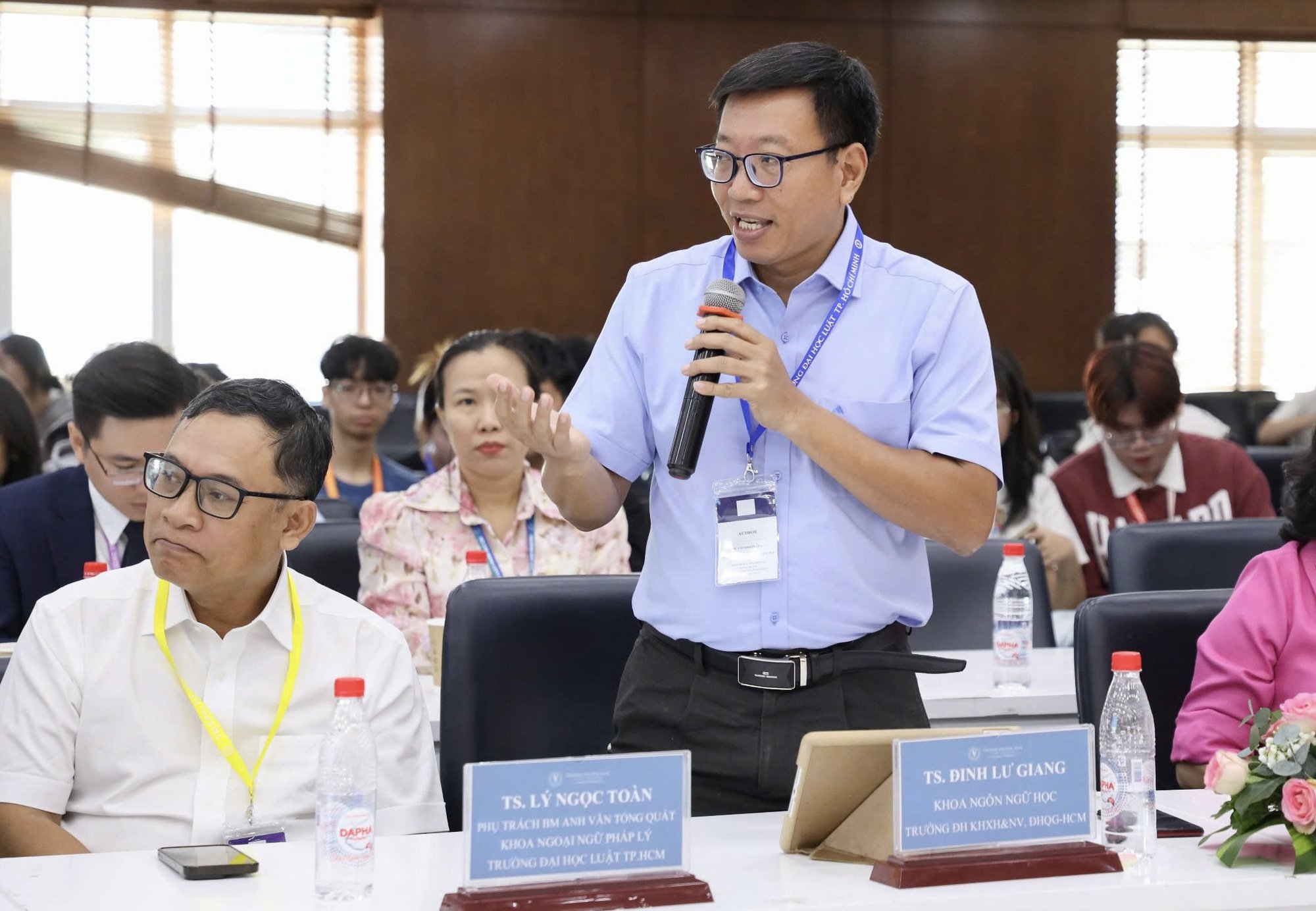
AI tools like ChatGPT open up many opportunities and challenges in language teaching - Photo: NT
These were the main discussion topics at the workshop "Research and teaching of languages and interdisciplinary sciences in the digital age" organized by Ho Chi Minh City University of Law on the morning of November 16. Many delegates mentioned the application and use of AI tools and ChatGPT in teaching and learning.
Speaking at the workshop, Mr. Dieter Bruhn - senior lecturer at the US State Department's English Language Instructor Program - pointed out three main trends in modern language teaching: integrating artificial intelligence into foreign language assessment, developing interactive multimedia learning environments, and personalizing technology-based learning pathways.
Citing numerous studies, Dieter Bruhn argues that the emergence of AI-driven technology in educational environments allows for learning experiences tailored to the needs of individual learners, significantly enhancing language acquisition.
He also stressed that language education is undergoing a transformative change, deeply influenced by advances in artificial intelligence and interactive learning methods. Educators are forced to explore new tools to improve the effectiveness and appeal of language teaching.
“Integrating AI technologies, such as ChatGPT and Gemini, into language education presents a number of challenges that educators must address. Chief among these is a significant shift in pedagogical roles. Teachers may find themselves transitioning from being the authority figures in traditional teaching models to being facilitators of collaborative, technology-based learning environments,” says Dieter Bruhn.
Specifically in Vietnam, a group of lecturers from Ho Chi Minh City University of Law cited a number of new studies published in 2024 in Vietnam to conclude that applying technology to teaching and learning has created many opportunities and better learning outcomes. However, there are still many challenges.
Some studies on the application of technology in language teaching conducted at universities in Binh Duong and the British University Vietnam show that students are enthusiastic about learning foreign languages on technology platforms, interact more, and improve their speaking skills...
The group of lecturers also cited research results published in 2024 showing that 10.8% of students from 6 member schools of Ho Chi Minh City National University are using ChatGPT for a fee and nearly 90% are using ChatGPT for free to support learning-related issues, including language learning.
Using artificial intelligence applications is seen as helping students learn continuously through online platforms and thus is completely unconstrained by time or location.
However, the group also pointed out many challenges such as technology infrastructure, technology equipment usage skills of lecturers and students, and the difference in access to technology equipment between urban and rural students...
From there, the group offers solutions such as training lecturers on educational technology, developing online learning platforms, integrating technology into teaching, and schools cooperating with technology businesses...
Launch of the Institute of Intellectual Property, Entrepreneurship and Innovation
On November 15, Ho Chi Minh City University of Law launched the Institute of Intellectual Property, Entrepreneurship and Innovation under the school.
The core objective of the institute is to continue developing short-term training programs on legal knowledge and specialized training on intellectual property for each target group, contributing to raising awareness and supporting the protection of intellectual property rights for scientific research results and innovation.
Source: https://tuoitre.vn/gan-90-sinh-vien-dai-hoc-quoc-gia-tp-hcm-su-dung-chatgpt-de-hoc-tap-20241116131340657.htm


![[Photo] More areas of Thuong Tin district (Hanoi) have clean water](https://vstatic.vietnam.vn/vietnam/resource/IMAGE/2025/4/29/55385dd6f27542e788ca56049efefc1b)




![[Photo] Prime Minister Pham Minh Chinh and Japanese Prime Minister Ishiba Shigeru visit the National Museum of History](https://vstatic.vietnam.vn/vietnam/resource/IMAGE/2025/4/29/93ae477e0cce4a02b620539fb7e8aa22)
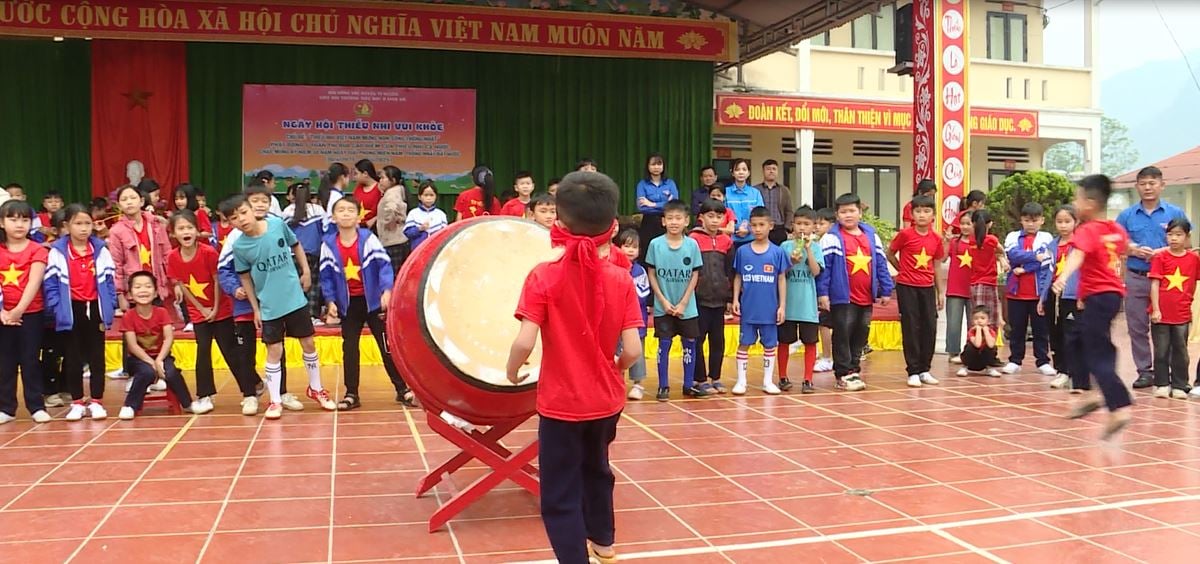

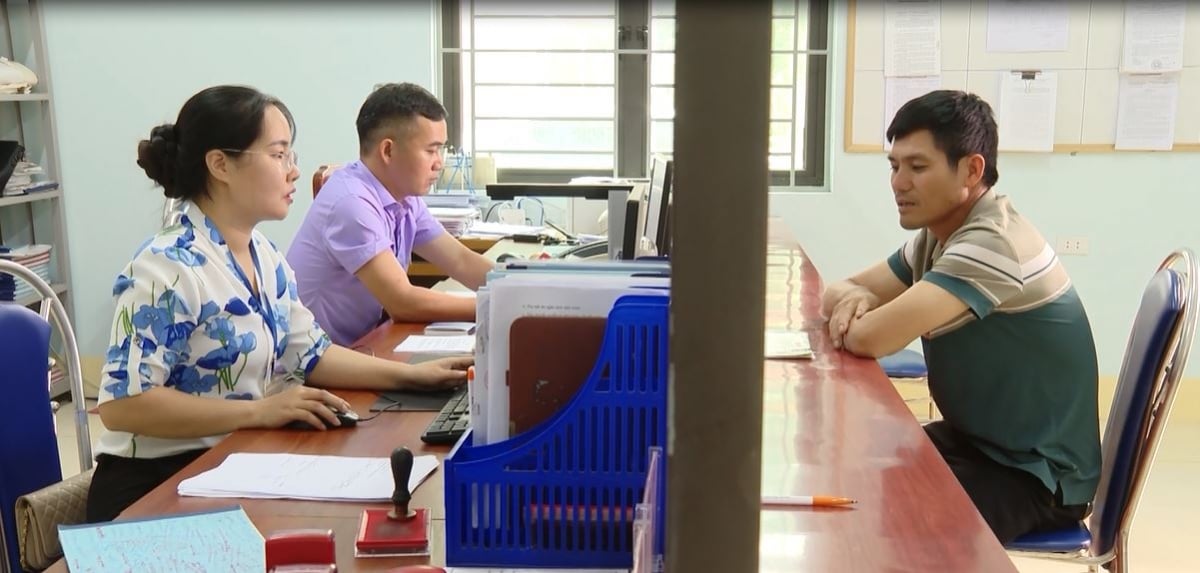
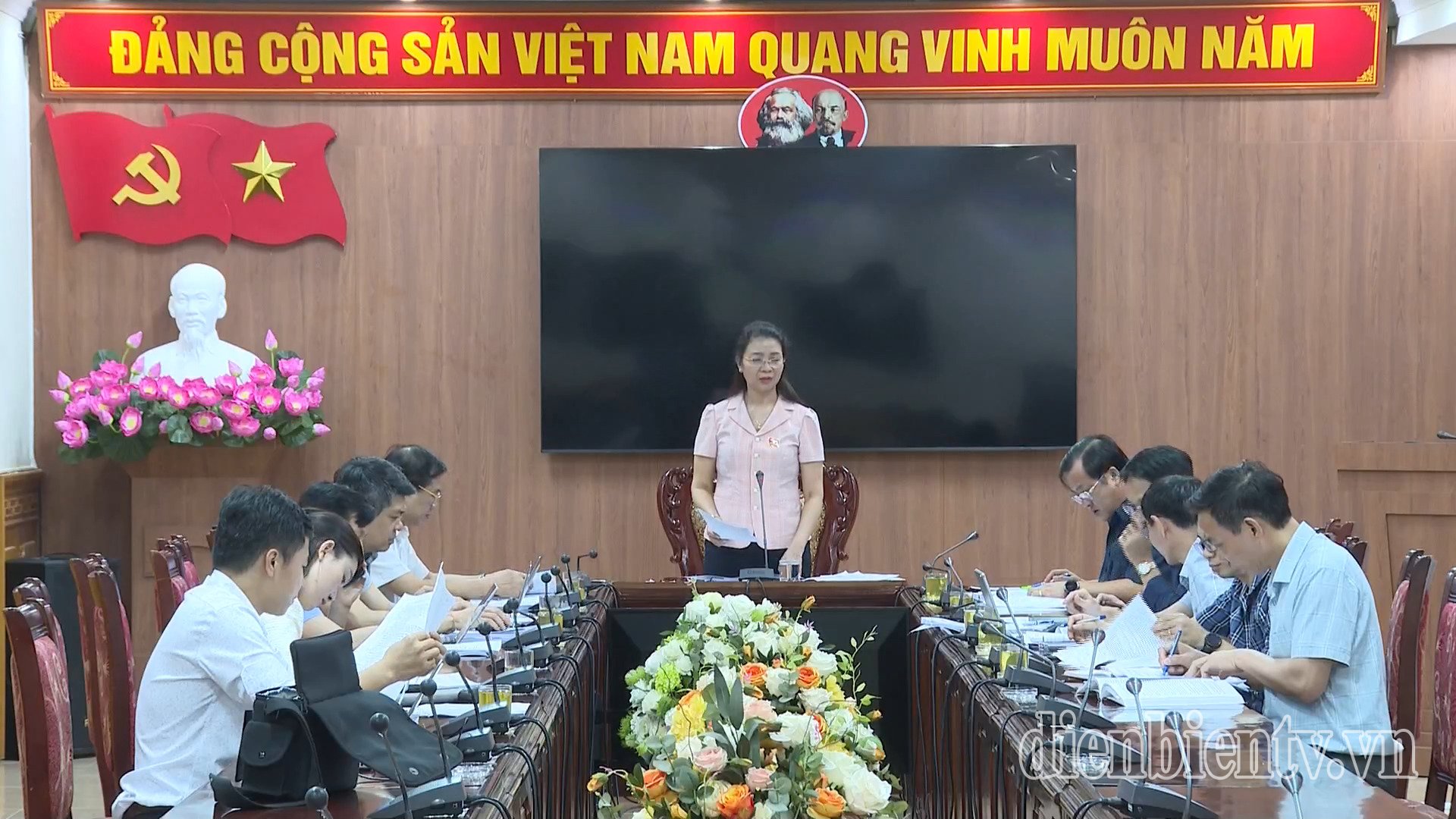

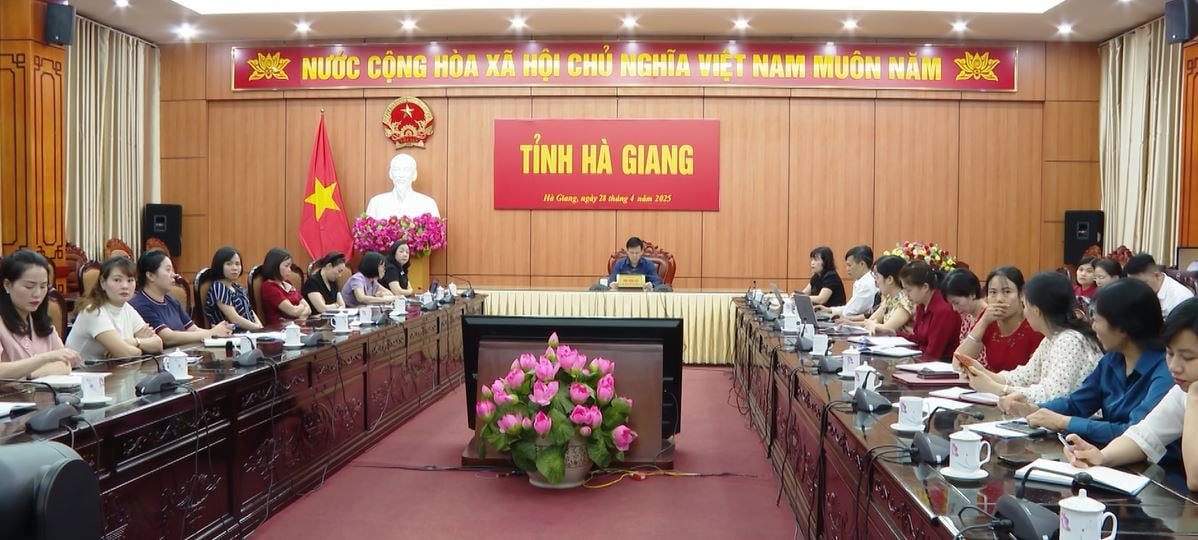
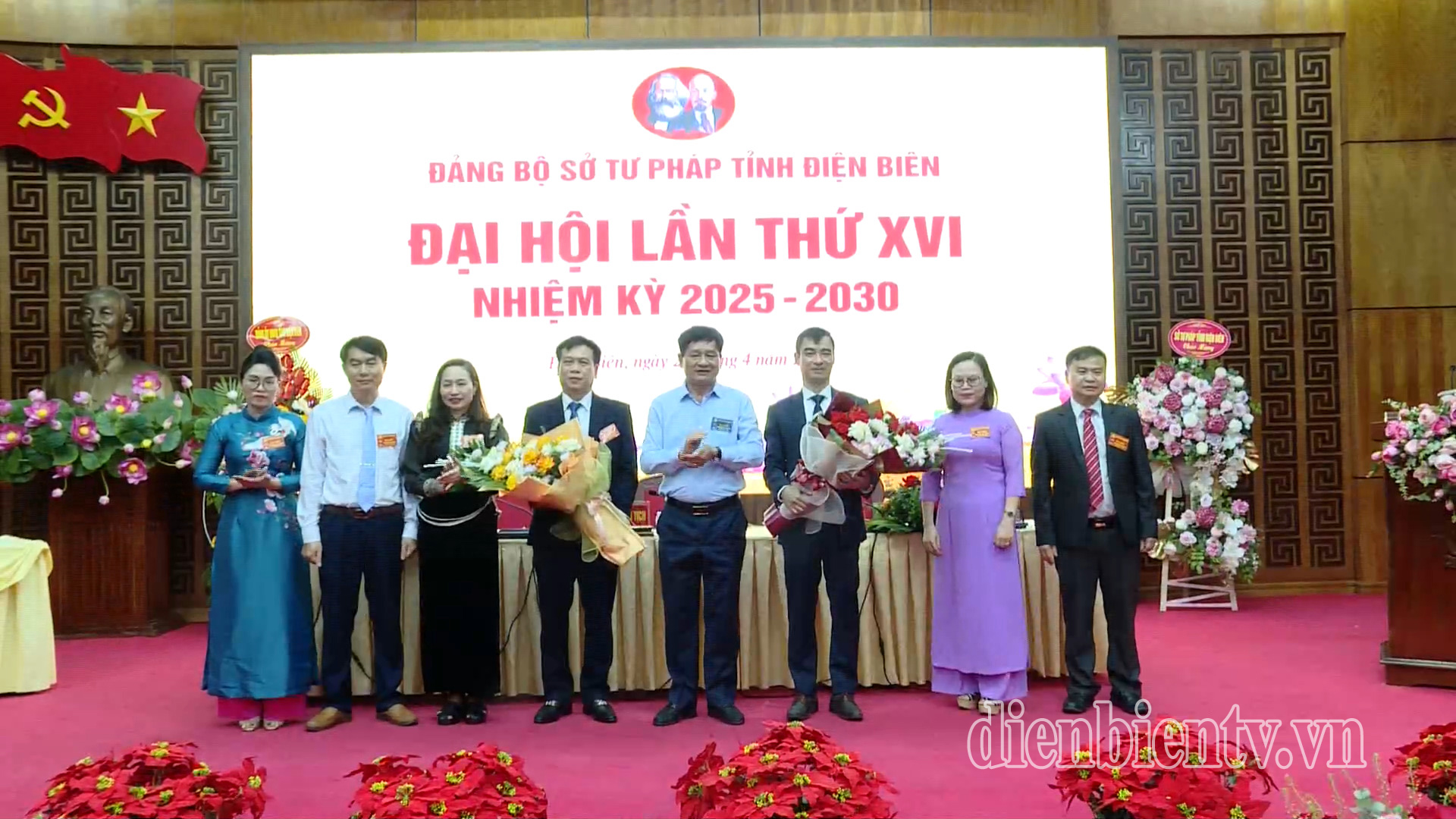

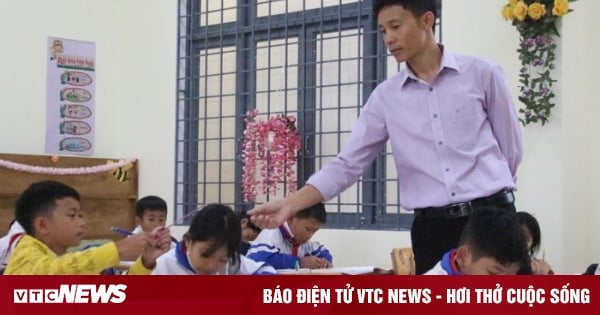

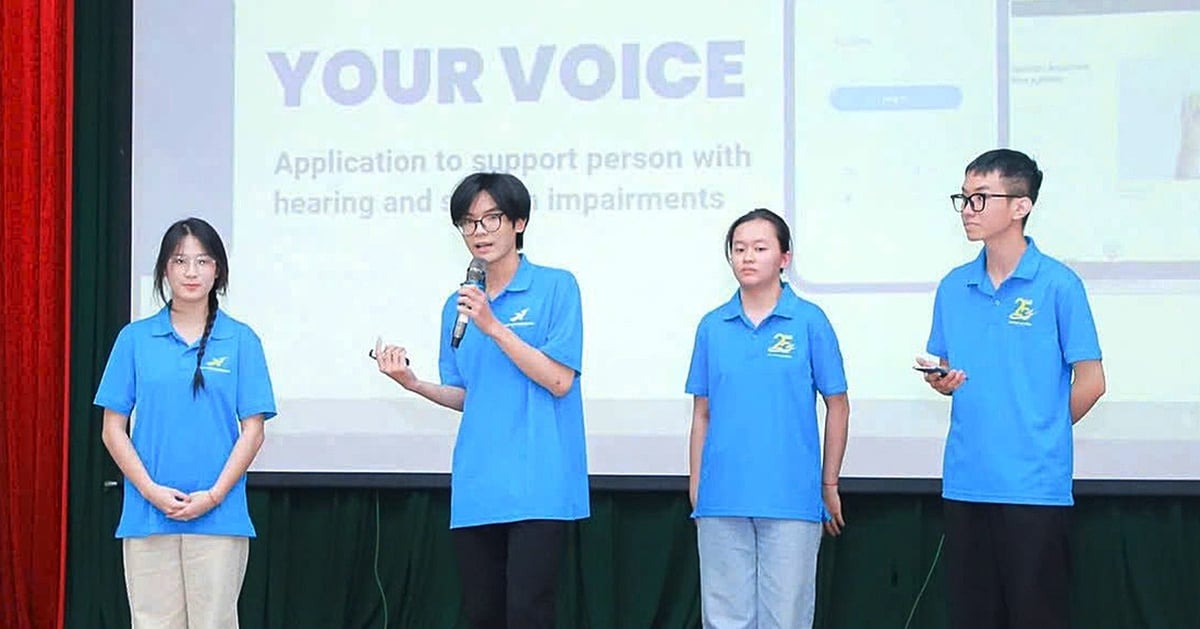

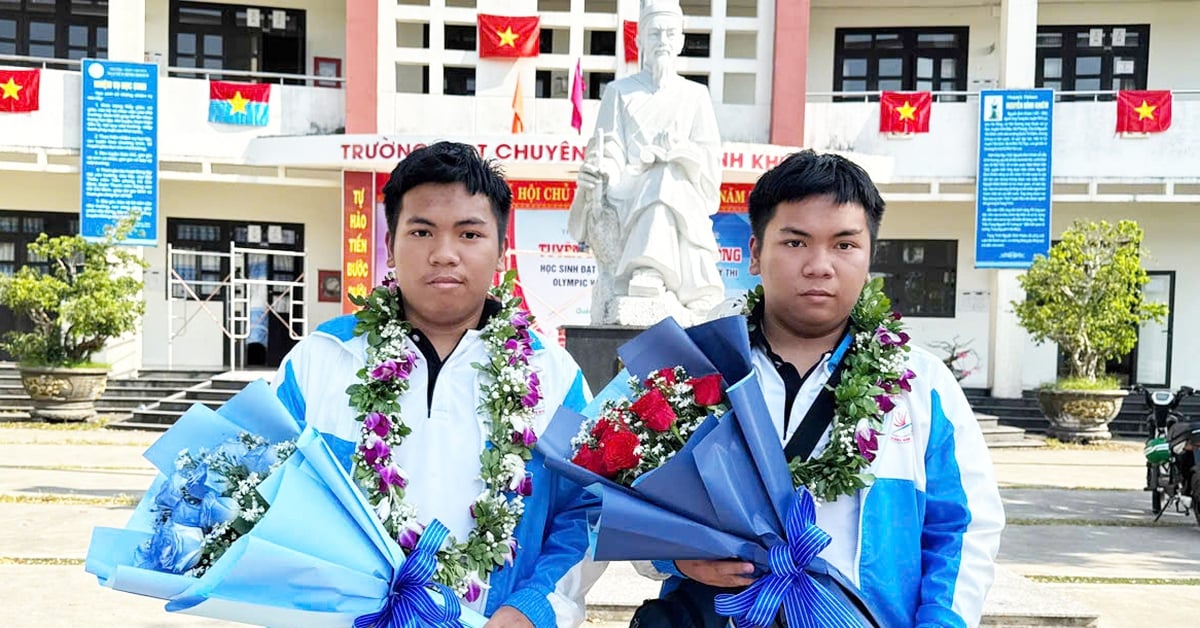








![[Photo] Prime Minister Pham Minh Chinh and Japanese Prime Minister Ishiba Shigeru attend the Vietnam - Japan Forum](https://vstatic.vietnam.vn/vietnam/resource/IMAGE/2025/4/29/fc09c3784d244fb5a4820845db94d4cf)

















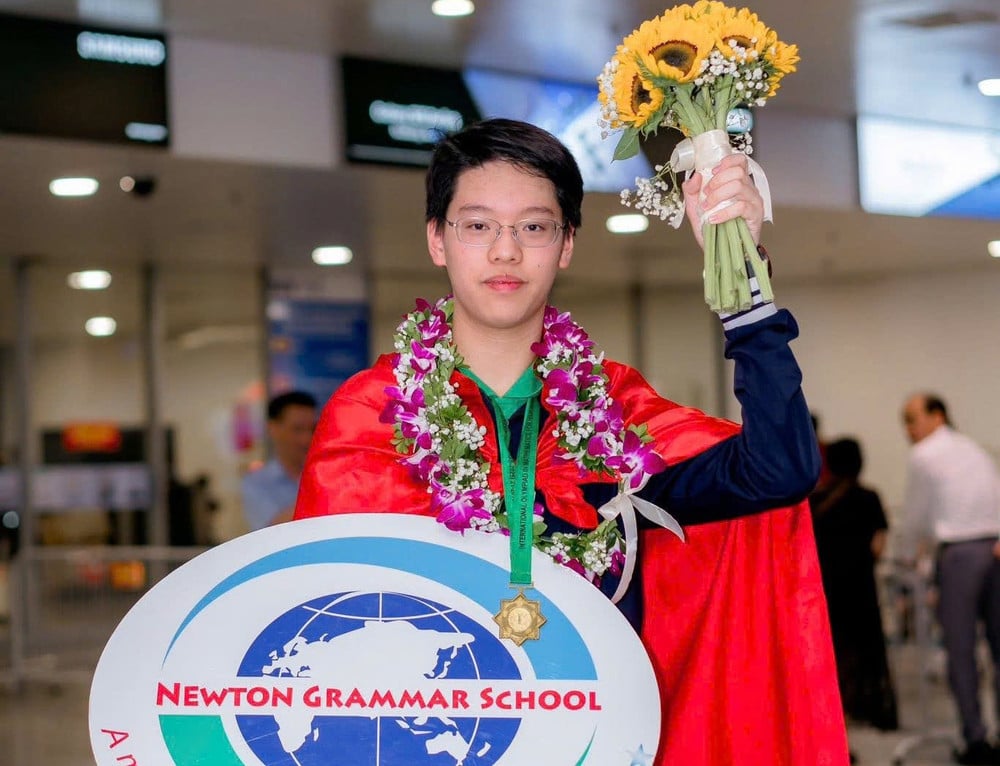
















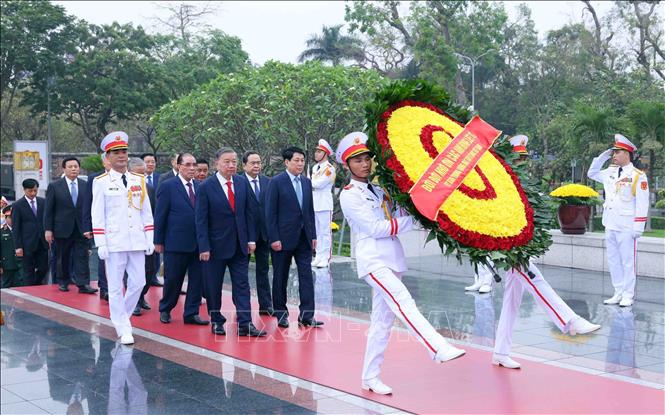

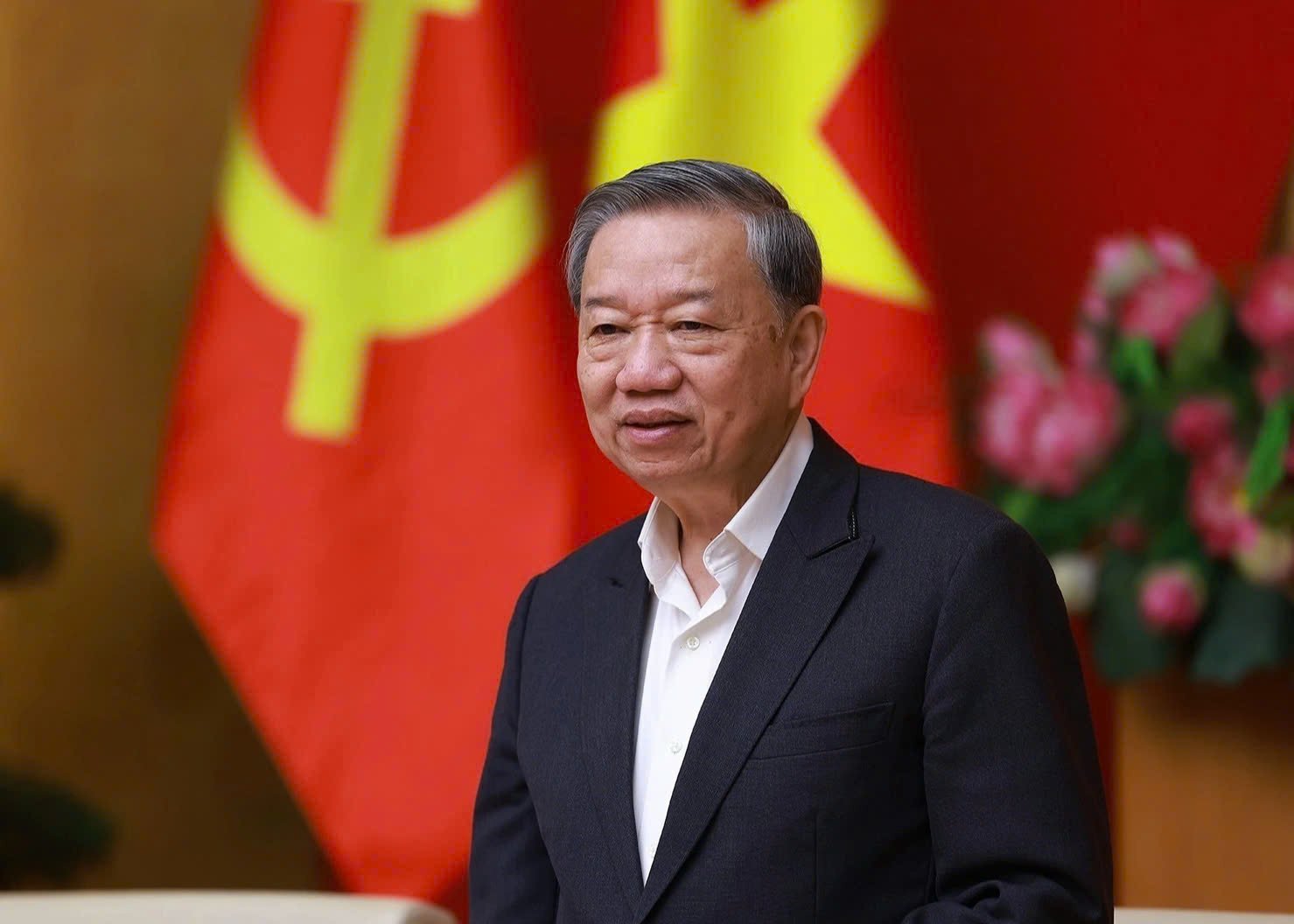




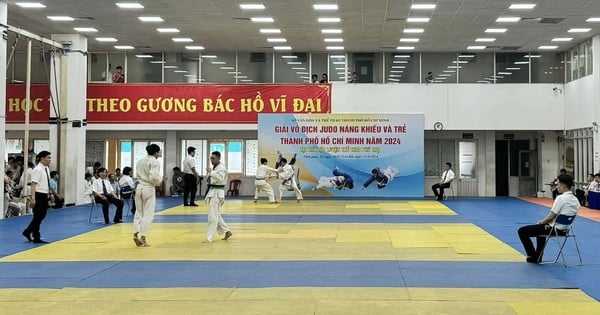
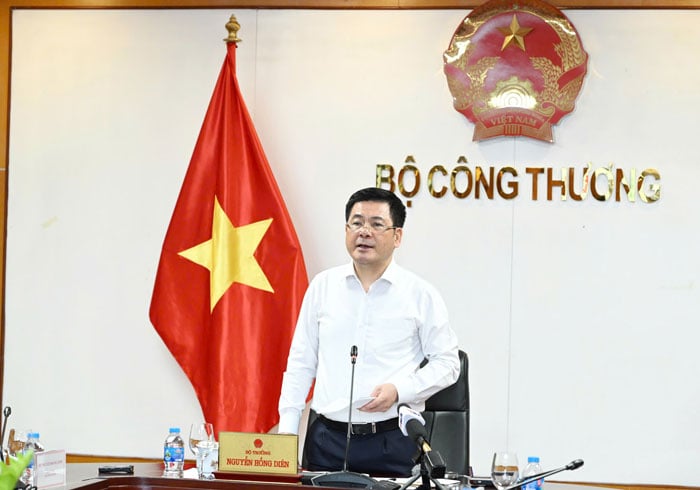



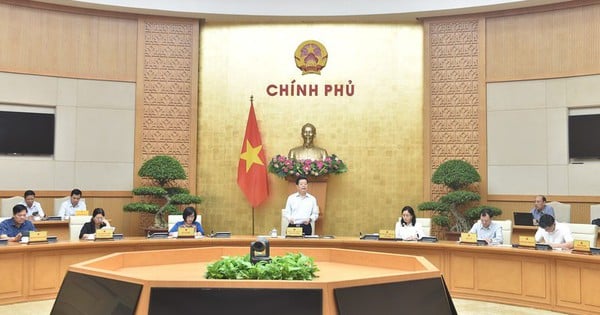
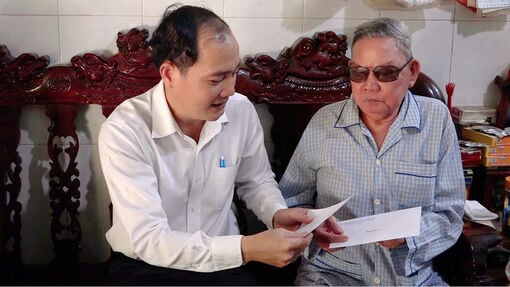



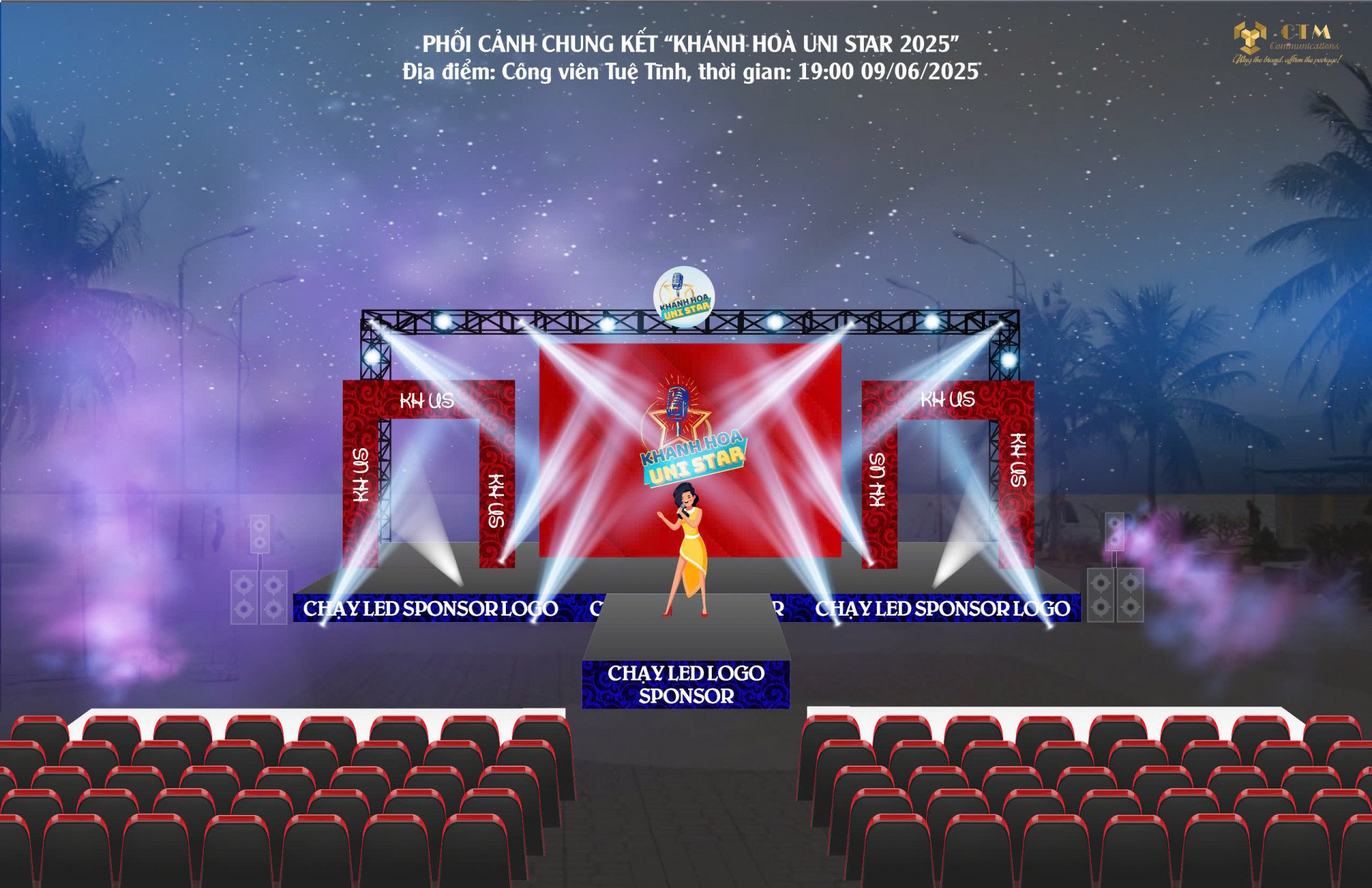


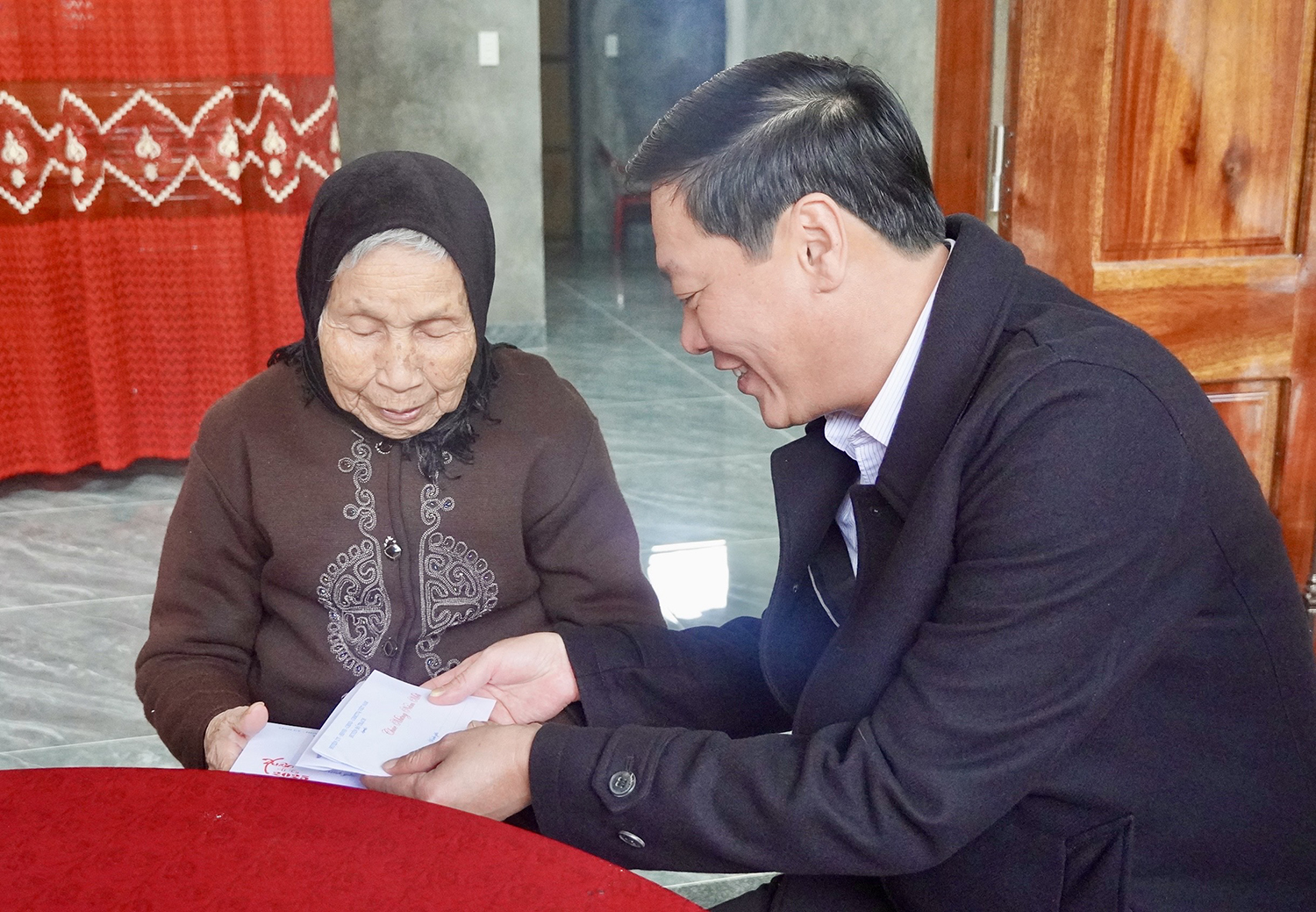

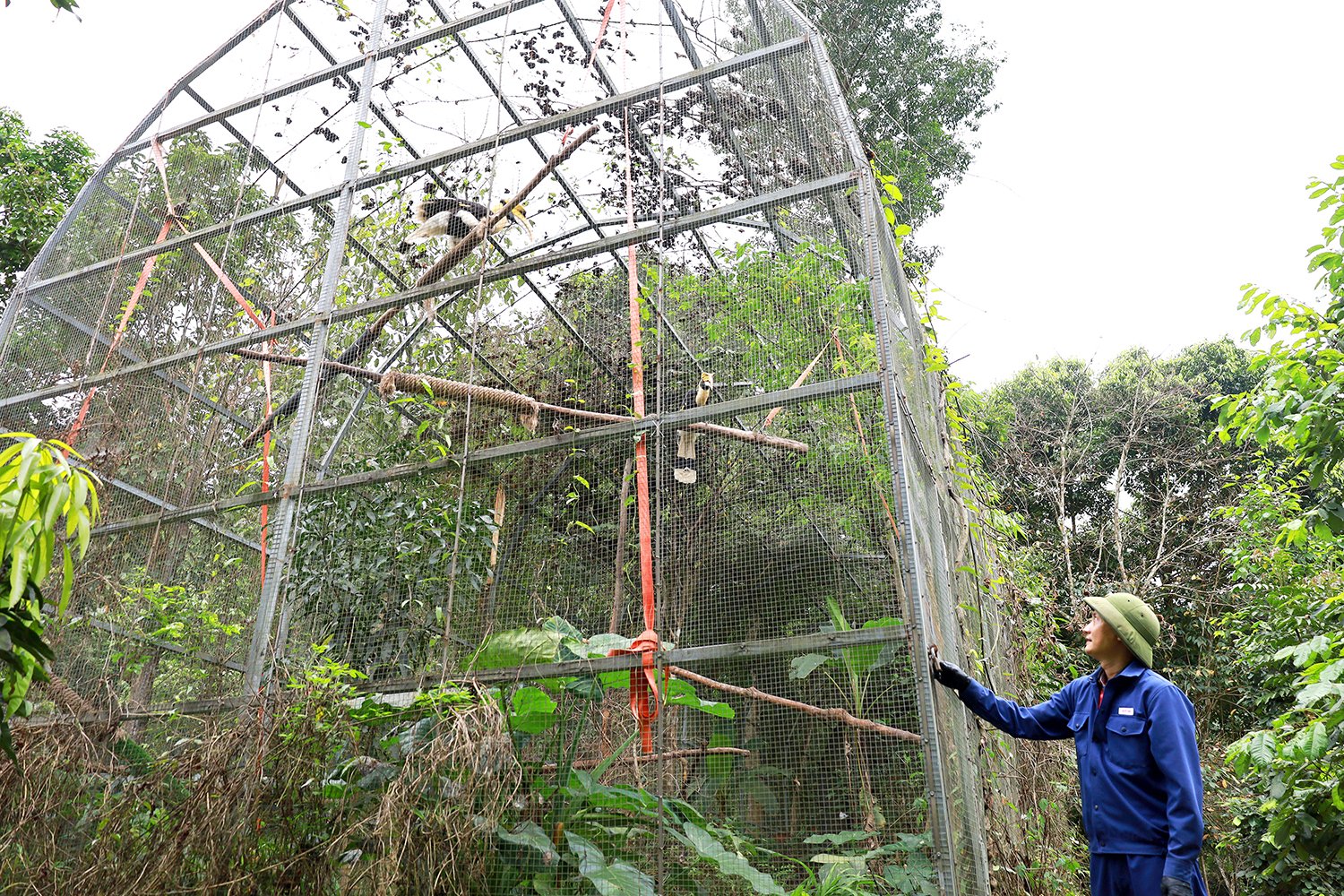

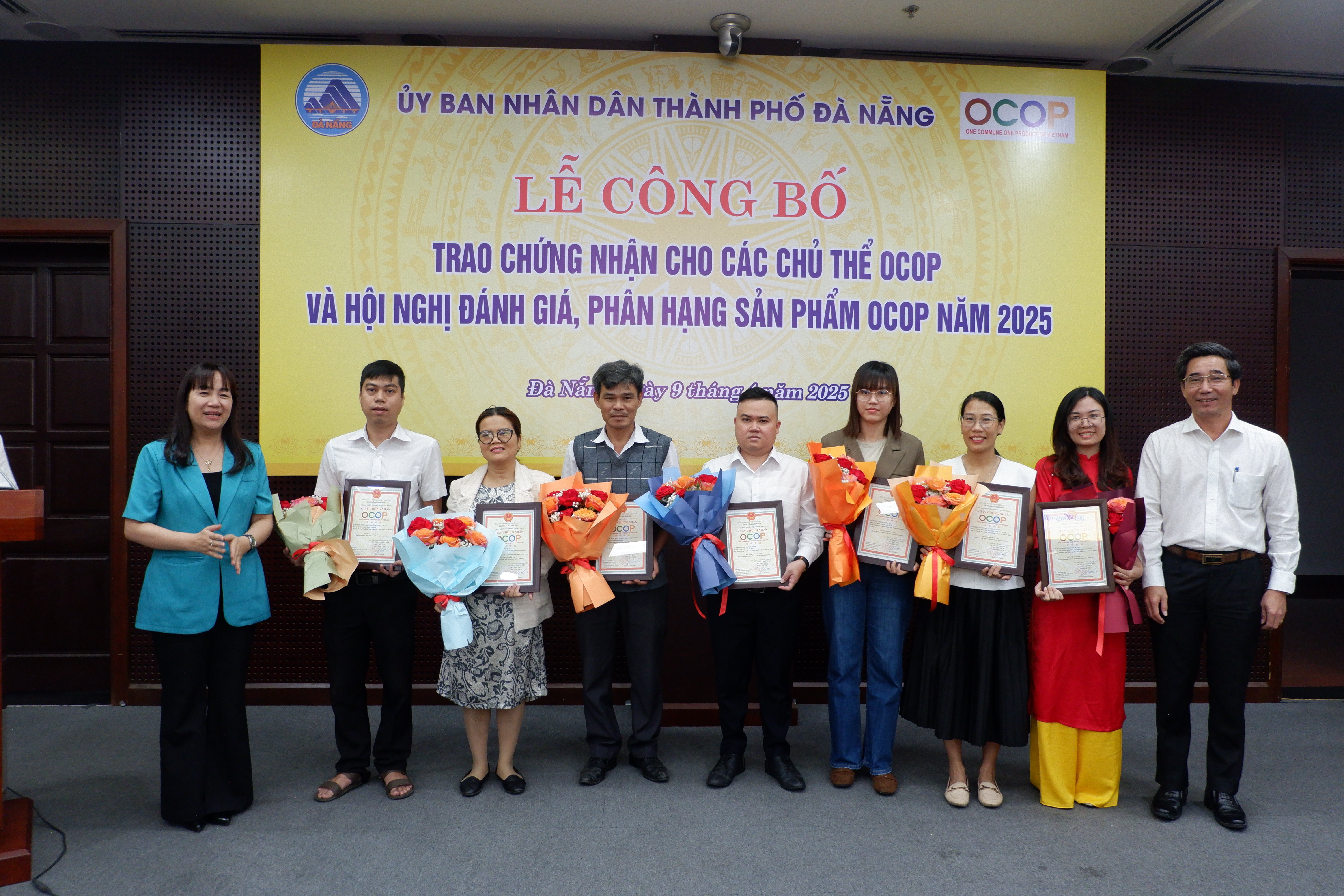



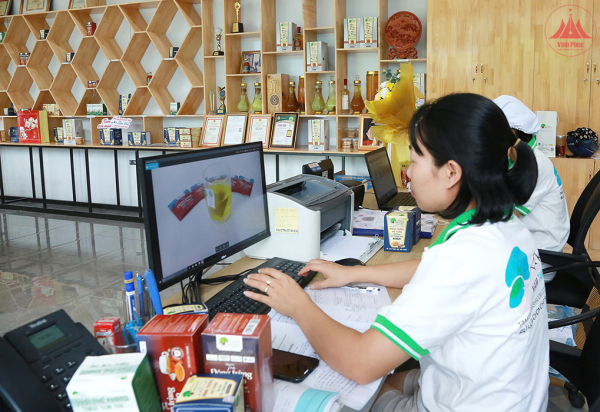



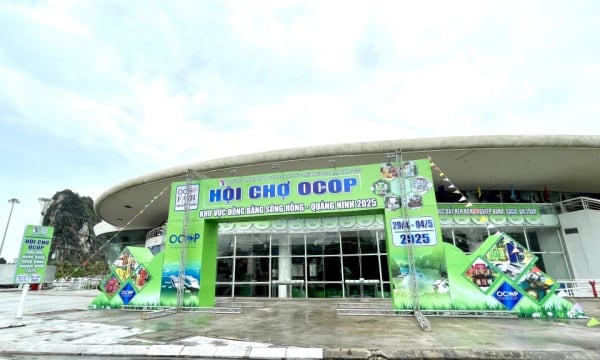
Comment (0)